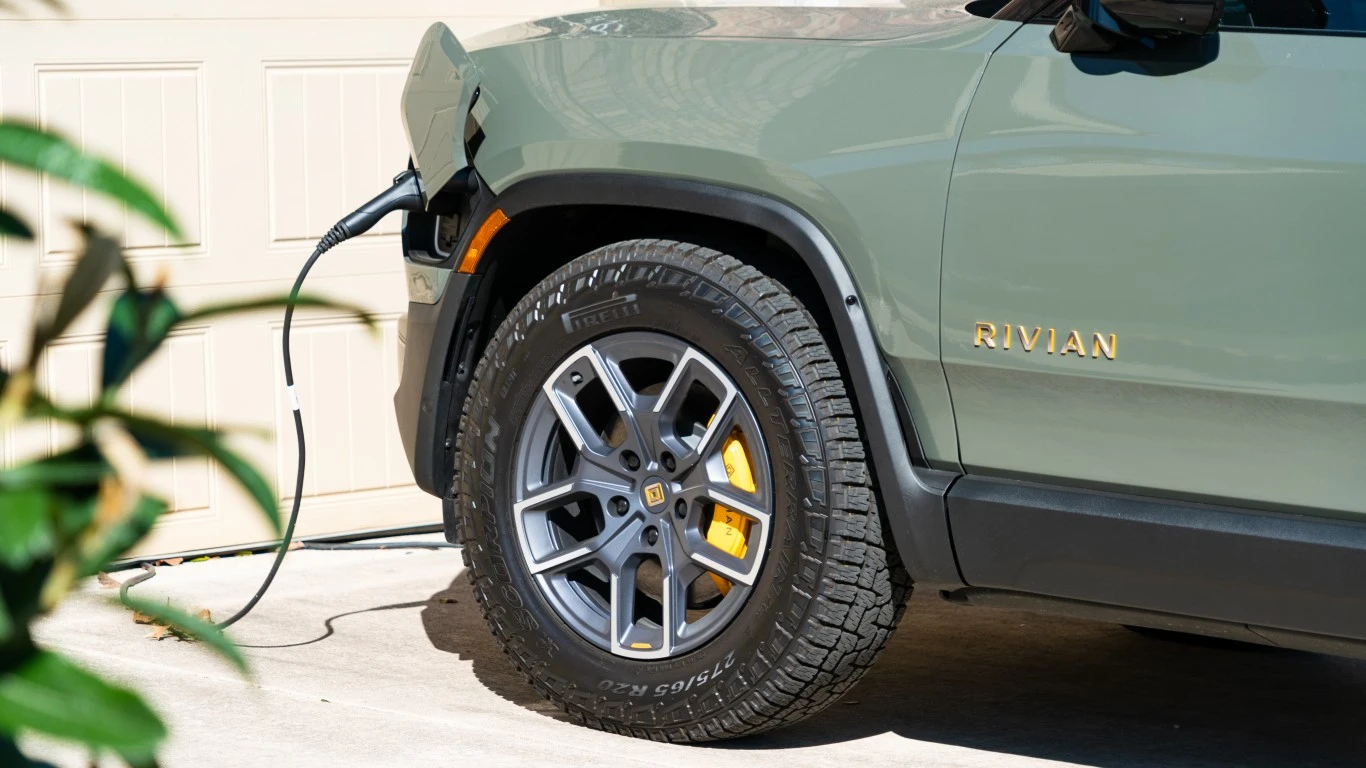
There are, by some estimates, more than 300 Chinese companies currently manufacturing electric vehicles. A full 25% of all new cars sold in China this year will be all-electric or plug-in hybrid electric vehicles.
In the United States, about 5% of all new cars sold this year will be EVs or PHEVs. That number is expected to rise as buyers take advantage of the tax credits of as much as $7,500 for purchases of certain EVs. The tax credit was included in the recently enacted Inflation Reduction Act, and the amount of the credit depends on where the vehicle and its battery were manufactured or sourced. The subsidies will remain in effect for 10 years, ending the hit-and-miss subsidies of past years.
U.S.-based EV makers and battery suppliers are in line to benefit from the provisions of the act, provided they can untangle the supply chain issues that have hampered production for the past couple of years and have (or can make) sufficient capital to continue operations until a rising tide of U.S. consumers chooses an EV for their next purchase.
There will not be any shortage of choices: Tesla, Ford, General Motors, Lucid, BMW, BYD and the list goes on. Analyst Jordan Levy at Truist Securities expects the total available U.S. market for passenger vehicles to be right around $950 billion. That is where many of these companies will be fighting it out. Levy also estimates that demand for buses, vans and trucks adds another $209 billion to the market for commercial. On Wednesday, Levy initiated coverage on two EV makers and two battery suppliers: Rivian Automotive Inc. (NASDAQ: RIVN), TuSimple Holdings Inc. (NASDAQ: TSP), QuantumScape Corp. (NYSE: QS), and Proterra Inc. (NASDAQ: PTRA).
Rivian
Electric pickup and sport utility vehicle maker Rivian began deliveries of its R1T pickup earlier this year and deliveries of the R1S in late August. While the company continues to ramp up production, it also has started shipping the first of some 100,000 electric delivery vans to Amazon. The deal calls for all 100,000 to be delivered by 2030. The less-good news for Rivian is that its two consumer vehicles likely will not remain under the price cap of $80,000 to qualify for the new federal tax credit.
Truist’s Levy has initiated coverage of Rivian with a Buy rating and a price target of $65. He thinks the partnership with Amazon “not only provides a strategic advantage over EV competitors but helps position Rivian to compete with global incumbent OEMs in the commercial EV market.” Supply chain issues, access to capital markets, less-than-expected performance and weaker demand due to the macro environment are all risks to Truist’s rating and price target.
Rivian stock is down about 67% over the past 12 months, and Levy’s price target of $65 is well above the consensus of $52.65 and more than double Thursday’s closing price of $32.31. The stock’s 52-week trading range is $19.25 to 179.47. Rivian’s IPO occurred in late November of last year.
TuSimple
Self-driving truck maker TuSimple has been publicly traded since April 2021. It has racked up an impressive list of firsts, including the first autonomous trucking firm to conduct a totally hands-free semi with trailer run on public roads. While supply chain issues have pushed out deliveries, Truist sees the U.S. market opportunity for autonomous freight trucks at around $800 billion.
Sponsored: Find a Qualified Financial Advisor
Finding a qualified financial advisor doesn’t have to be hard. SmartAsset’s free tool matches you with up to 3 fiduciary financial advisors in your area in 5 minutes. Each advisor has been vetted by SmartAsset and is held to a fiduciary standard to act in your best interests. If you’re ready to be matched with local advisors that can help you achieve your financial goals, get started now.






